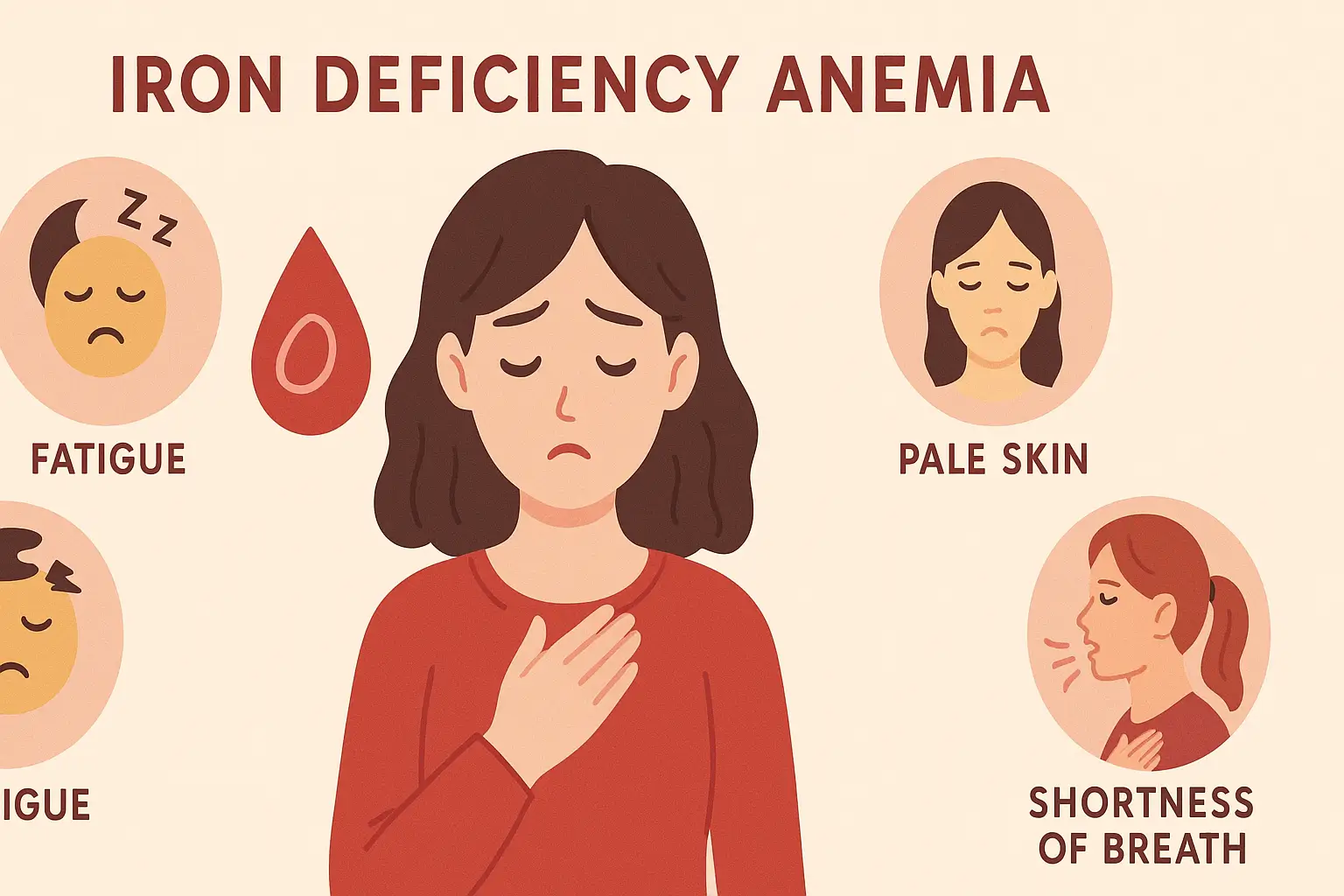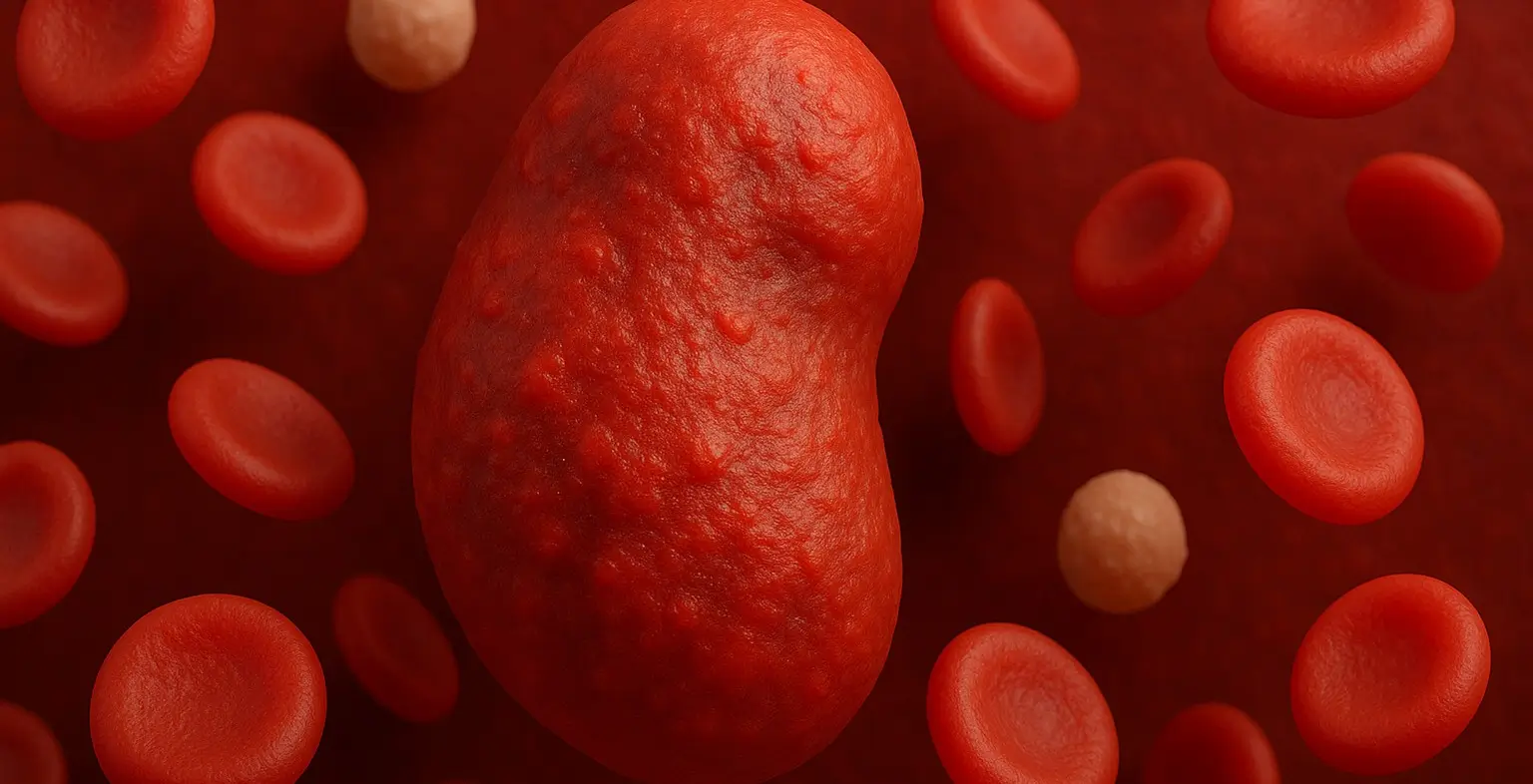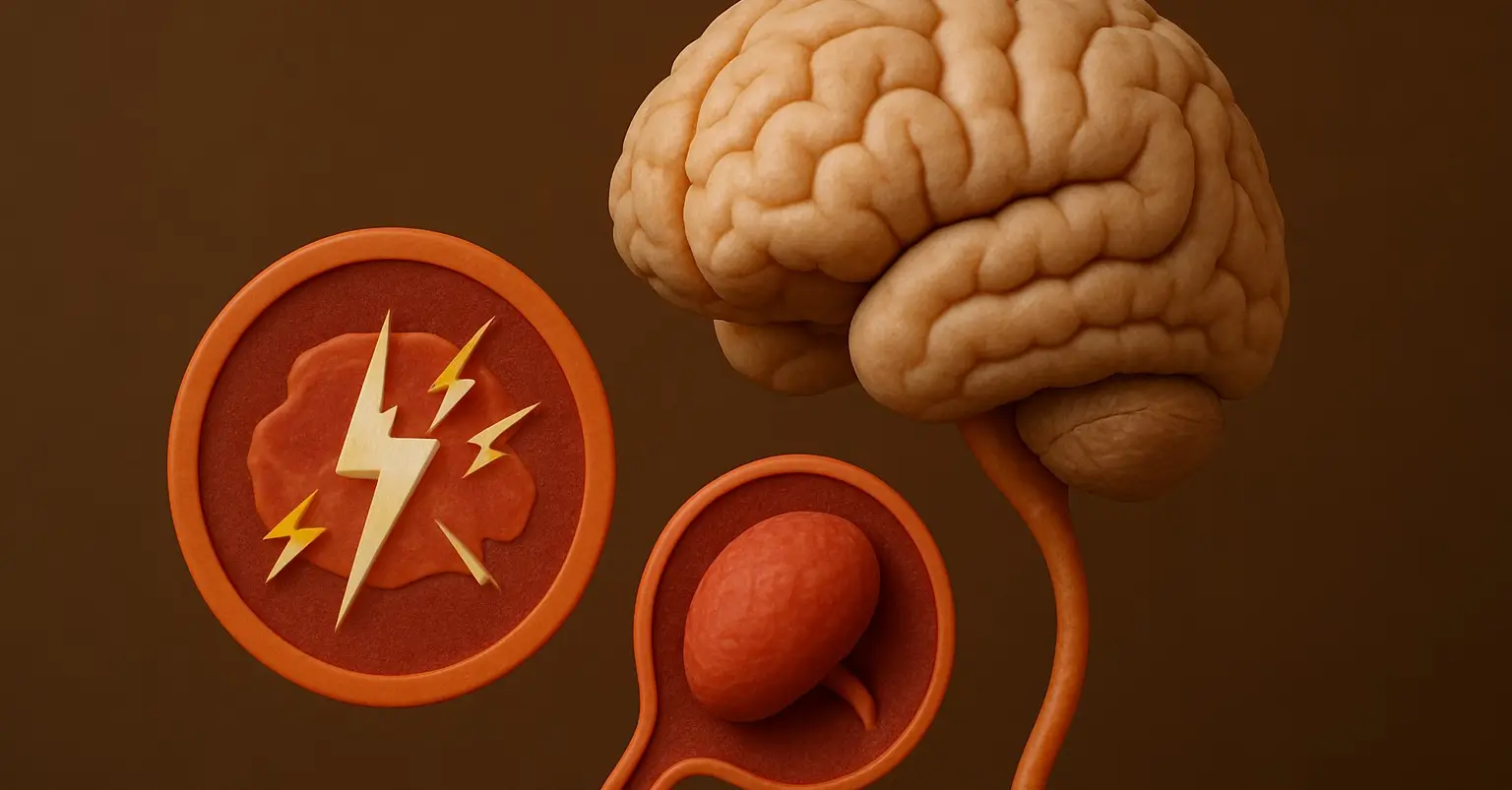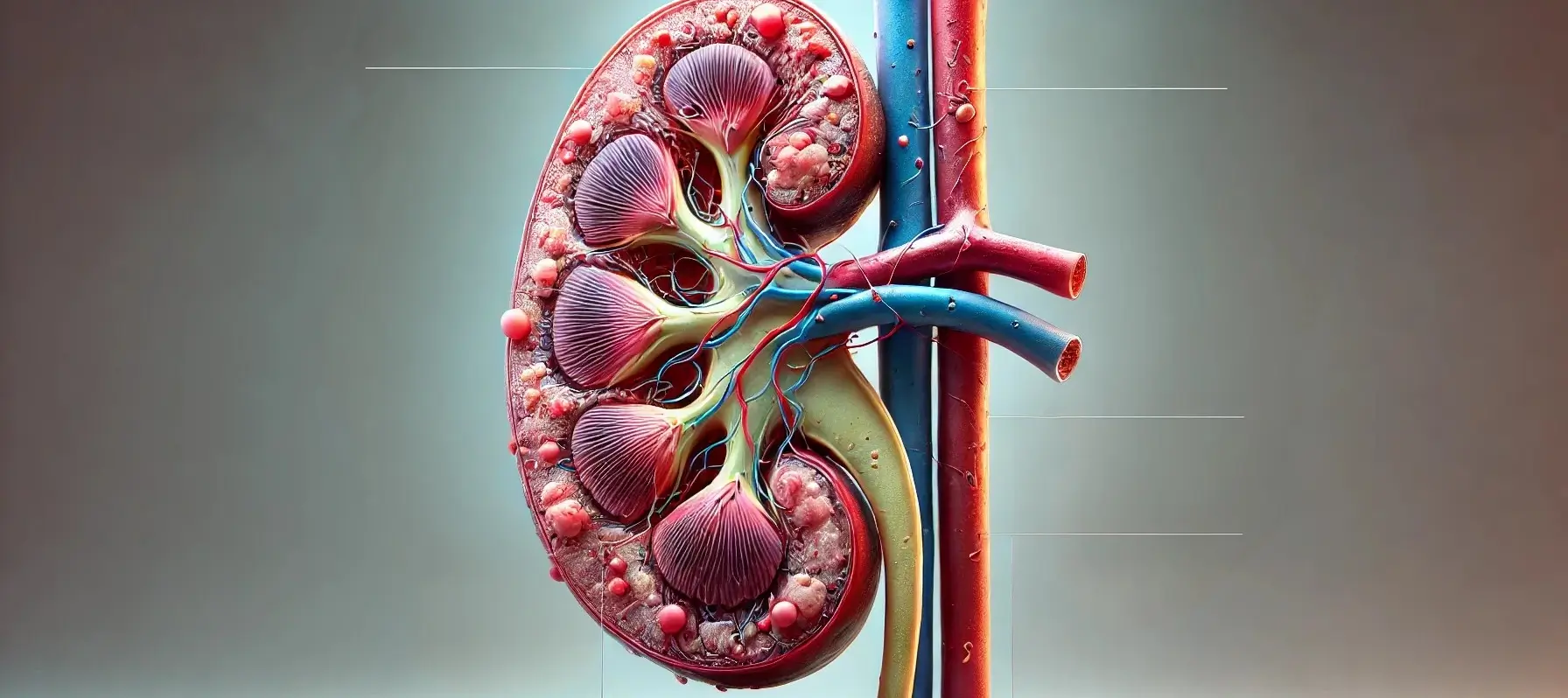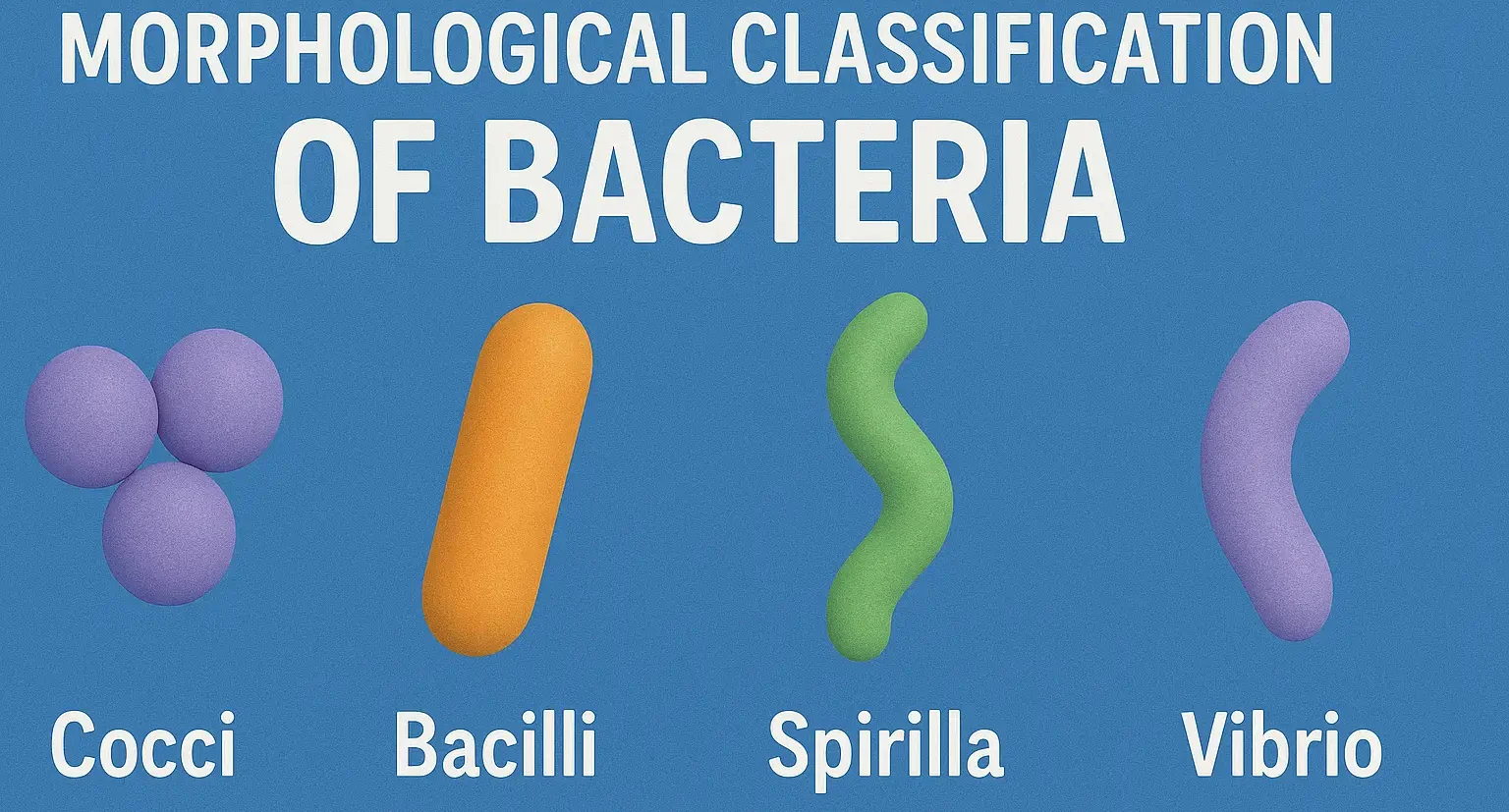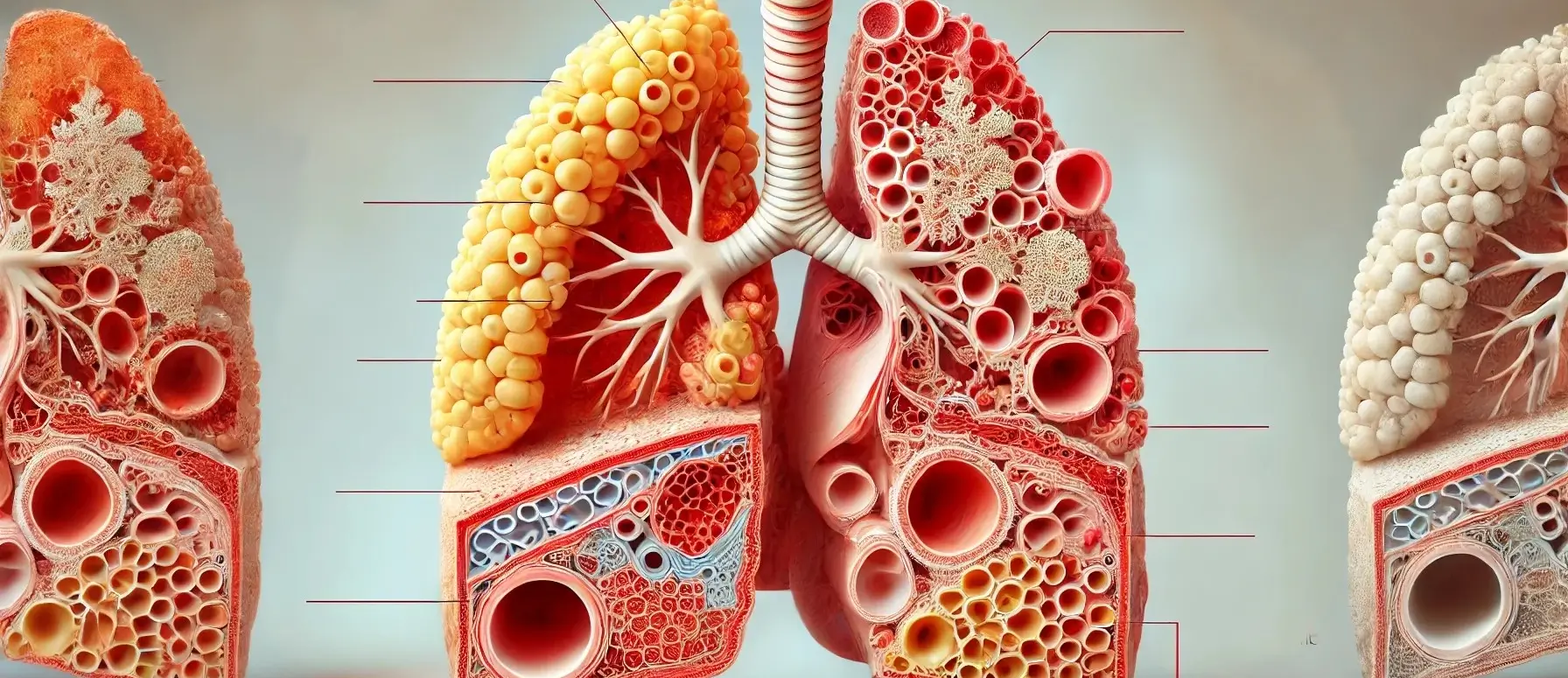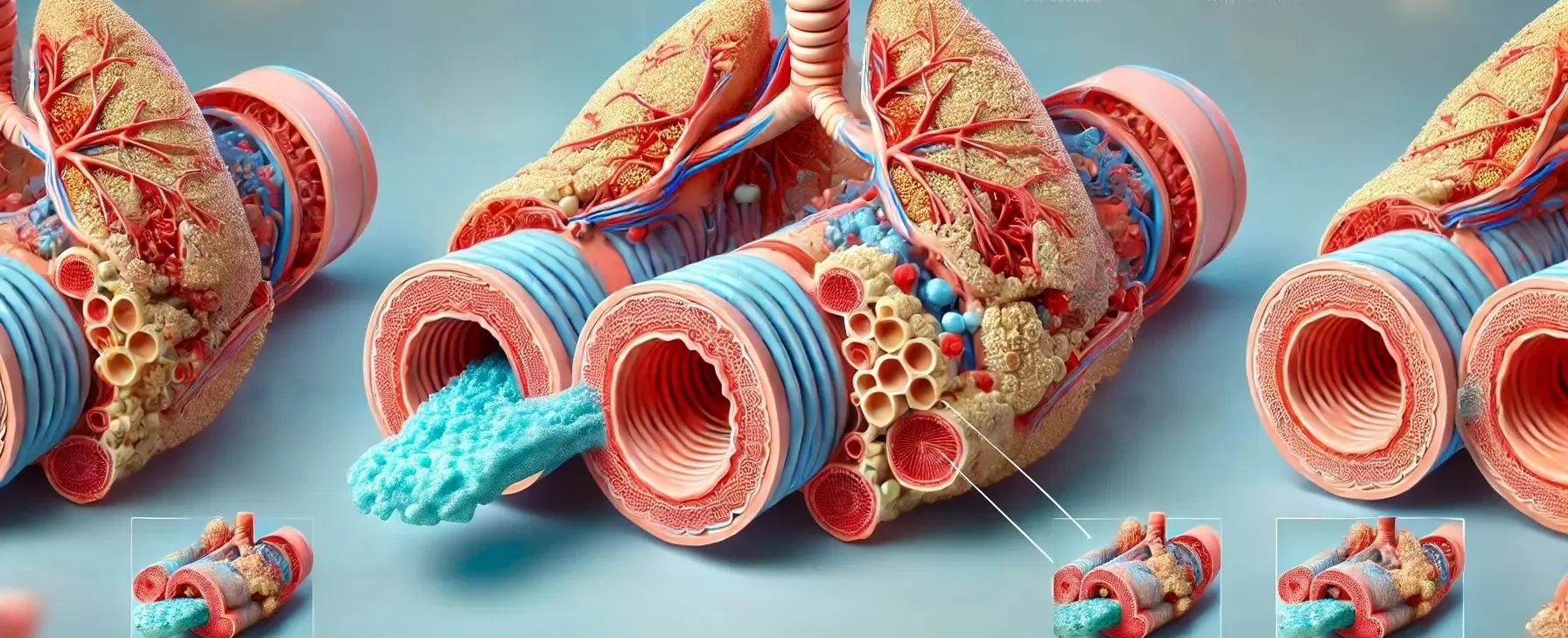Acquired Anemia
Acquired anemias result from external factors or conditions that affect RBC production or lifespan. Common Types Acquired Anemia Iron Deficiency Anemia Due to inadequate iron intake, absorption issues, or chronic blood loss. Vitamin B12 and Folate Deficiency Anemia Caused by poor dietary intake, malabsorption, or increased demand. Anemia of Chronic Disease Associated with chronic infections, … Read more


